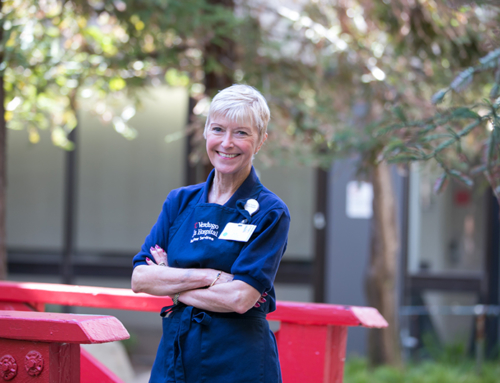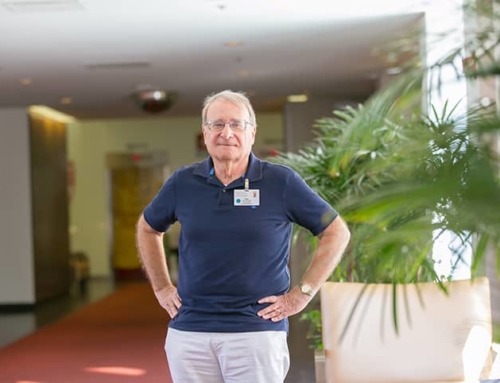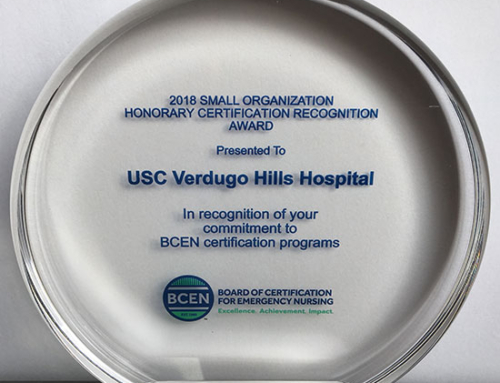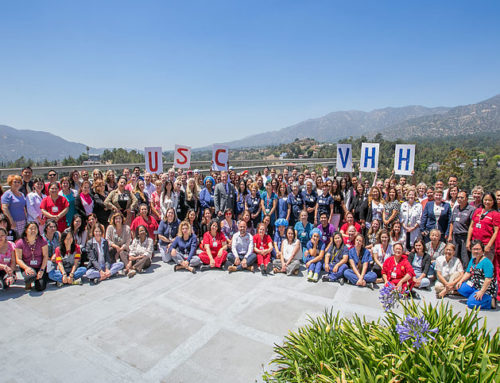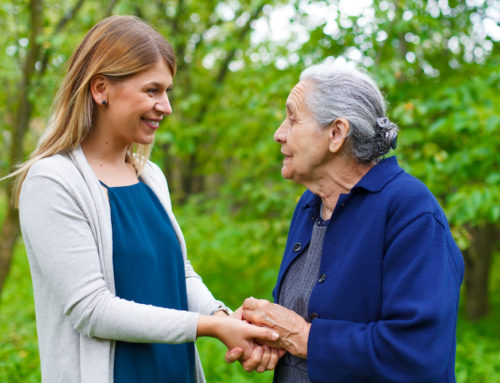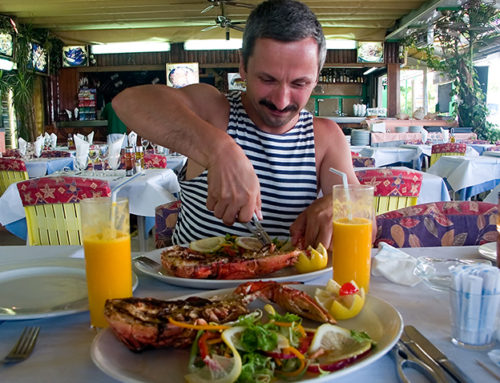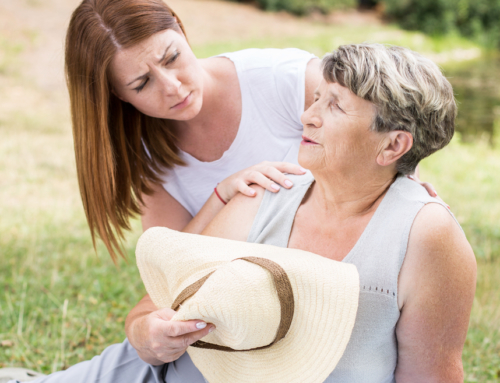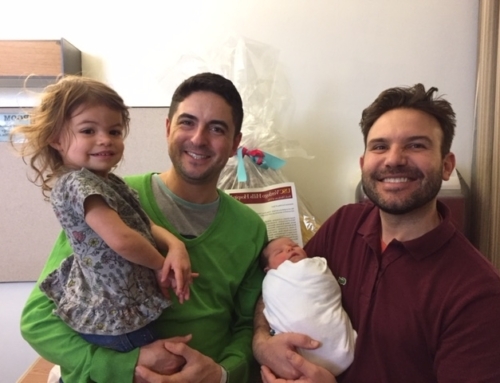Battling a deadly disease can take a toll on family members. Learn how you can support loved ones in this time of turmoil.
Dealing with cancer means more than addressing the physical side of the disease. There also is an emotional side of cancer that takes just as much — if not more — time, energy and attention to heal. Understanding this can help you better care for your loved one.
Here are some things you can do or say for a family member who is going through cancer.
You are not alone
Share that you are thinking about your family member; it builds camaraderie and lets your loved one know that that person is not alone. Find a time to visit or write hard-to-express feelings in a note.
It’s also okay to say, “I don’t know what to say, but I support you.” The point is that your loved one knows they are not facing this alone.
“Everyone deals with cancer diagnosis differently,” said Jason Ye, MD, assistant professor of clinical radiation oncology at Keck School of Medicine of USC and a radiation oncologist at the USC Norris Comprehensive Cancer Center of Keck Medicine of USC. “Some patients, especially men, may become more withdrawn and express feeling scared or depressed through anger.
“It is important to know that they are not angry with you and not take it personally, but give them space while letting them know you are available.”
Take your cue from your loved one
Maybe the person doesn’t want to talk. Or perhaps that person needs to analyze the situation out loud. Maybe your loved one needs a temporary escape.
Be sensitive to the cues from your loved one so that you can help the person deal with cancer in a way that is best for the person.
Listen
Unless you have had cancer, it is hard to understand the wave of emotions that a person experiences when battling the disease. Having someone listen without providing commentary can be cathartic for your loved one. Likewise, don’t minimize your loved one’s experience, as it is different for each person.
“Similarly, while everyone wants the best for their loved ones, they must respect the patient’s wishes regarding their care,” Dr. Ye said. “Ultimately, it should be up to the patient to decide what happens to their body, and they need to feel they are in control of the disease, not the other way around.”
Show affection
Being thoughtful about someone’s needs and wants is always welcome, so show up with a favorite magazine or movie. Be generous with your hugs and compliments. Bring him or her dinner or snacks. Do errands and chores that might be challenging for your loved one to do.
Offer hope
Fighting depression, anxiety and hopelessness is difficult to do alone. While downplaying the situation is not productive, it is okay to sympathize and encourage your loved one when needed. Simply staying connected is one of the best ways to offer hope.
Keck Medicine of USC facilitates several support groups to help you or a loved one address the emotional side of battling cancer. Call (323) 865-3150 for more information.
For 40 years, the National Cancer Institute has recognized USC Norris Comprehensive Cancer Center at Keck Medicine of USC as one of the leading comprehensive cancers centers in the country. If you are in the Los Angeles area, make an appointment by calling (800) USC-CARE (800-872-2273) or visiting https://cancer.keckmedicine.org/request-an-appointment/.




